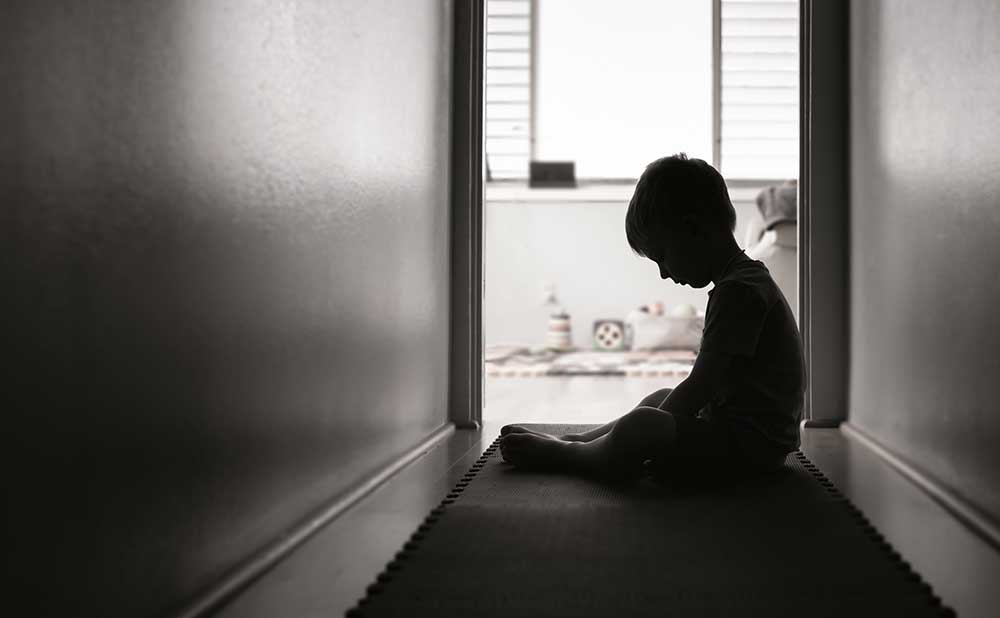7 subtle signs of child abuse and neglect that are overlooked or missed
April is Child Abuse Prevention Month. Unfortunately for many children, their abuse goes unnoticed, unseen or hidden from the public eye. Some child abuse is visible, and yet there are those who still do nothing to help.
In Tennessee, any person over the age of 18 — yes, even you — is a mandatory reporter for child abuse under state law. Any person with reasonable cause to suspect a child is being abused or neglected must immediately report it to the proper authorities. The reporter has the right to confidentiality and can choose to remain anonymous. A mandatory reporter is legally obligated to report their suspicion of child abuse or neglect; they are not required to investigate concerns.
So, what are signs of child abuse and neglect that people should look for in children and adolescents? Some are obvious indicators. Children who have visible bruises, appear hungry, wear tattered or unwashed clothing, or display poor hygiene are a few of the more observable indications.
However, there are additional abuse and neglect signals that may not be so apparent. Here are seven signs that you may want to look for:
- Emotionless or withdrawn: Child’s eyes appear empty, looking beyond you as opposed to looking at you; lacks normal emotional responses or is reluctant to interact with others, especially if this is a noticeable change from their typical behavior.
- Fearful of physical care: Child suddenly shows fear over normal physical care activities like changing their diaper, getting undressed, or going to the bathroom.
- Non-age-appropriate behavior/unusual play activity: Child exhibits adult-like behavior or carries adult responsibilities; a child acts out what is happening to them via play.
- Avoids/fearful of people or places: Child stops wanting to visit a person or place that they used to enjoy; scans every new room or building they enter as though they are looking for someone or something.
- Low self-esteem: Child routinely makes critical or negative comments about themself.
- Frequent illnesses: Increase in stomachaches, headaches, infections, or not feeling well.
- Eating changes: Drastic or sudden changes in eating, appetite, or focus on food.
Children often do not feel comfortable sharing information about what has happened to them because they simply do not know how to express it or trust that adults will protect them. As a mandatory reporter, you are the voice for children who are being abused and neglected. You can be the advocate who they need.
In Tennessee, there is a 1-in-8 chance that a child is a substantiated victim of child abuse by the time they reach 18 years old. In 2022, there were 163,465 hotline reports — both phone and internet — of child abuse or neglect. From those reports, 70,718 assessments and/or investigations were opened. This equates to one report for approximately every 10 children in the state. Half of the counties in Tennessee have over one percent of its children become substantiated victims of child abuse and neglect each year.
If there is suspicion that a child or adolescent is being abused or neglected, you can make an anonymous report as a mandatory reporter by calling the Child Abuse Hotline (877-237-0004) or going online to the Tennessee website. Call 911 if a situation is an emergency or life-threatening.
Another way to report if a youth is in crisis is through Youth Villages’ Specialized Crisis Services (SCS) at 1-855-CRISIS-1 (1-855-274-7471) or text TN to the crisis text line at 741741.
—-
By Dr. Lindsay Pate
Licensed Psychologist
Assistant Director Clinical Services, Youth Villages

